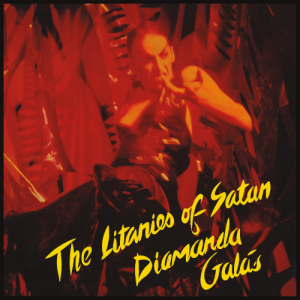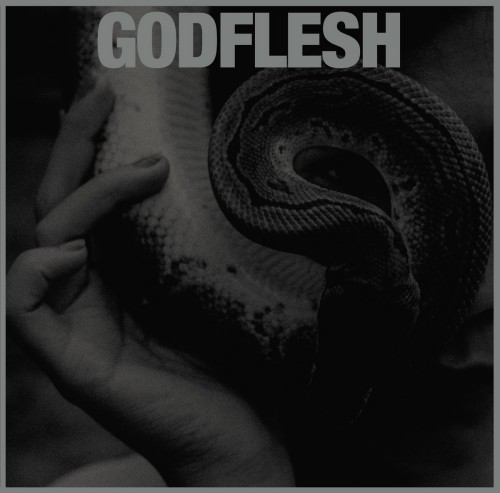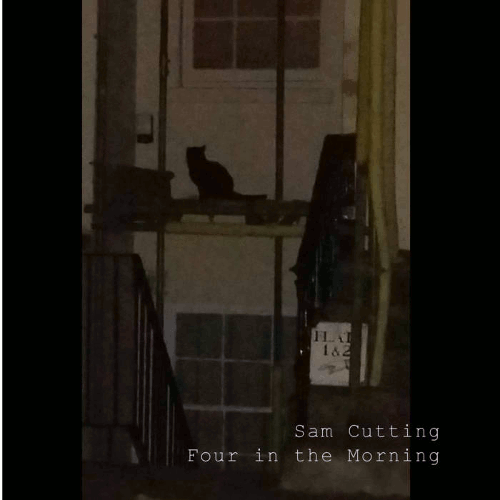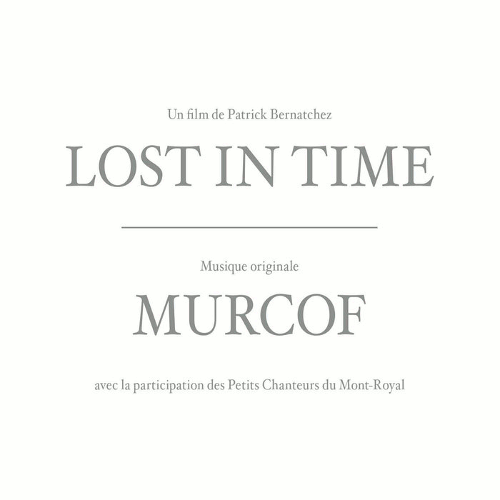 St Galás of the plague. Obviously now is the perfect time for a re-issue of this most excruciating of records. Insofar as the general fuckedness of everything is front and centre and needs a soundtrack.
St Galás of the plague. Obviously now is the perfect time for a re-issue of this most excruciating of records. Insofar as the general fuckedness of everything is front and centre and needs a soundtrack.
Diamanda Galás, it’s fair to say, isn’t easy listening. By any stretch of the imagination. And this is her at her most foreboding. When I say it’s peak intensity, it’s worth wrapping that in a bunch of context.
Firstly, even at this early point in her career, she was already operating bang on the edge of vocal technique, having worked with “fuck off is that playable by humans” specialist Iannis Xenakis. Sometimes avant-garde means merely being inscrutable; sometimes it means impregnable heartlessness and terror. Galás is closer to the latter here.So there’s a point about “extreme” music that’s important here. A lot of “extreme” music rests upon a proposition and doesn’t move very far: most noise music is devoid of dynamics, meaning it’s an initial shock and then not much else; same for a lot of guitar traditions, plus the tendency towards shlock cod-Satanist nonsense. My point is that very few people have the musical chops to make a musical assault twist the knife. In fact, a separate essay looks very much like Galás being one of the only people who manages it and, further, it’s only at the edge of a refined technique that blood can be drawn.
If you’re not familiar with Galás, this is a punishing introduction. “The Litanies of Satan particularly” — with all the ululations, drifting harpies’ cries, whistle tones, fry-tones, and — critically — an absolutely terrifying understanding of every vocal fold. Something Galás has done throughout her career is to dote on the edges, the break points of a voice; but unlike most, she’s very well aware of what she’s doing. Quite how she could sing after this is astonishing and I’m sure a knighthood is in order for her vocal coach.But also besides vocal technique — and there is a criminal amount — there’s a load of musicality here; which is to say that migrating tempi and shifting vocal textures, staccato punches and long held tones, a vibrato that’s closer to Albert Ayler (in terms of control and variation)… There’s very little here that resembles any music I’m aware of, including a litany of vocal experimentalism. While a Meredith Monk or Sainkho Namtchylak nominally exists in a similar world of vocal extremity, there’s nothing like the pointedness of Galás to either. Not so decry either, but Galás’s, at least this Galás, is a sustained inhuman assault; most vocal experimentalism barely arrives at vaudeville by comparison.
It’s a record you should own. I’m not sure you’ll enjoy it. It’s foreboding as fuck. But it is — and this seems like too light a phrase to use — utterly fucking incredible.-Kev Nickells-



